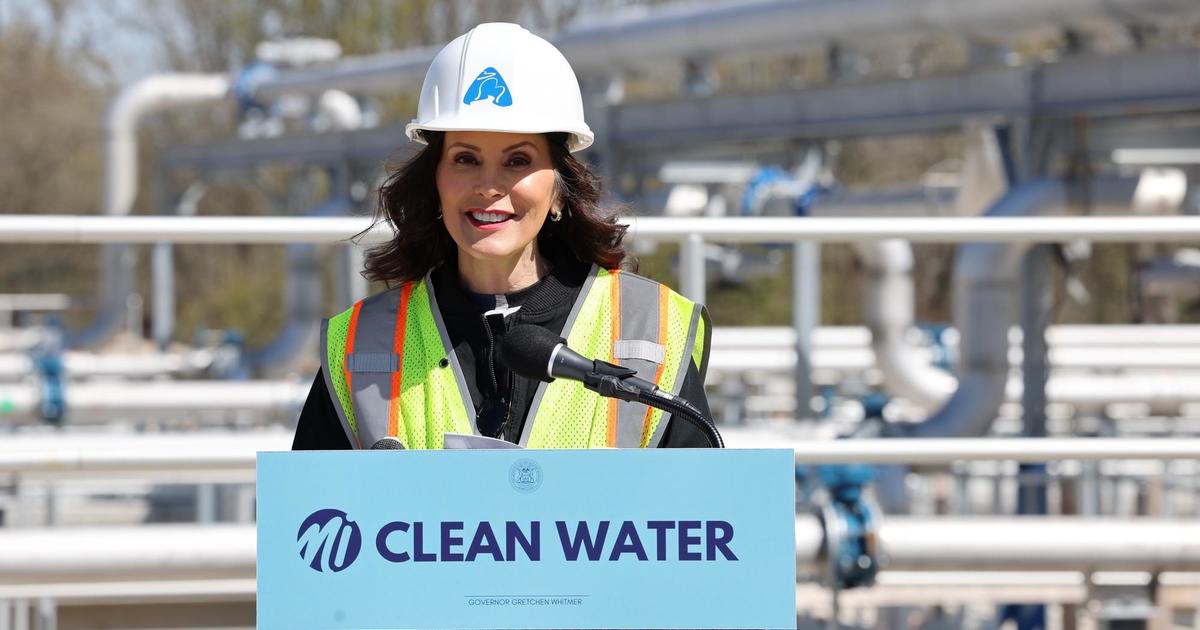Dow Corning's Burns Talks Up Solar To Fix Trade Gap

Between Dow Chemical Co., Dow Corning Corp. and Hemlock Semiconductor, the Saginaw Bay area is becoming a national center for solar power.
Monday, Dow Corning Corp. CEO Stephanie Burns told a national export conference that that industry can help the United States fix its trade deficit problems.
"The renewable energy industry in the U.S. is nowhere near as large as the auto industry -- it's very nascent," Burns told the International District Export Council Conference. "But in 10 or 15 years, I predict that renewable energy will be the clean fuel of choice to electrify our homes, businseses and vehicles."
Every day, Burns said, renewables become more competitive with the traditonal power grid's rates.
"I'm convinced that green jobs, especially green manufacturing jobs, can be a major factor in our economic recovery," she said. "I believe that with the right mix of private investment, government support, and entrepreneurial spirit, we can revitalize the heart of our nation's economy – our manufacturing sector. We need to make this commitment now, or the net long-term effect will be the export of jobs today and the import of foreign-made solar panels tomorrow."
Burns said August's $46 billion trade deficit is far too large -- "we can't susain let alone grow long term trading relationships that are so far out of balance."
Burns said that "sustainable growth and job creation" in the solar power industry "requires strategic short term subsidies to bost adoption. And it requires investment in research and innovation along with some tax incentives. The incentives are not so much for the manufacturers, but are for citizens who will create energy and green jobs with solar."
Burns said the U.S. has been slow to respond to the renewables trend, and said, "We need to do this now. Or else the long term net effect will be the export of jobs and the import of foreign made solar panels."
Burns also discussed Dow Corning's proposed four-point plan to grow the domestic solar industry, which she said addresses many of the manufacturing, legislative, regulatory and workforce-related factors that influence America's ability to develop a thriving, domestic industry that will increase exports.
The four points are for the U.S. government to:
- Establish legislative and regulatory policies to encourage rapid growth of a viable renewable energy industry and encourage consumer adoption;
- Increase investments in research and development to support innovation in solar energy technologies;
- Invest in renewable energy-related education, training and job creation; and
- Lead by example in the implementation of clean technologies.
(c) 2010, WWJ Newsradio 950. All rights reserved.



